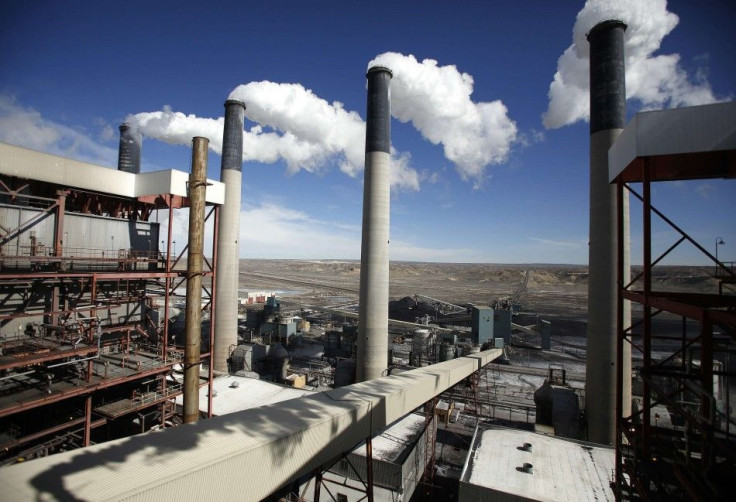Climate Change Threatens Health Of Australians

Climate change will have a significant impact on the health of Australians as warming temperatures continue to cause extreme weather events, spread disease and affect food and water supplies. A new report backed by Australia’s top scientific and medical organisations revealed that vulnerable people will suffer the worst of climate change.
The report, released by the Australian Academy of Science, warned that climate change could bring most suffering to people prone to sickness like the elderly and the disadvantaged. The climate change challenges to health report notes that the world will have become “at least 2C compared with pre-industrial times” by the end of the century.
The increasing temperatures are expected to bring more heatwaves, storms, droughts and floods that will ultimately lead to a loss of life” and will have negative effect on the mental wellbeing of communities.” The report said diseases are predicted to rise, particularly those carried by mosquitoes. High temperatures and water shortages will affect crops.
Australia’s fisheries will also be affected due to the warming of oceans and acidifications. The report, which is also backed by the Australian Medical Association, makes recommendations such as various programs to minimise the health impact of climate change on the sick, elderly, poor and those living in remote communities.
The new report called for the creation of a new National Centre for Disease Control and a new National Food and Water Commission to help Australia adapt to climate change. It suggested that greenhouse emissions should be cut and funding increased. The Intergovernmental Panel on Climate Change said it has “high confidence” that country will see more frequent heatwaves and bushfires within the century. It has previously warned that extreme weather has become a “particularly serious health issue for Australia,” reports The Guardian.
Meanwhile, Australia is expected to be more prone to vector-borne diseases, like dengue, and respiratory diseases as people decide to spend more time indoors to avoid extreme heat. Brian Owler, associate professor and president of the Australian Medical Association, said the new report has provided mounting evidence of the significant threat climate change has to global health.
“There will always be a few outliers, but the overwhelming bulk of the scientific community, including most doctors, think we are well beyond debating whether climate change is an issue,” said Owler. He believes the more groups who express their concerns over such issues, the more governments will be compelled to take action.
The Abbott government said new emission targets for Australia will be announced in the middle of the year, reports SMH. The new target will form part of the country’s pledge to an international agreement on climate change that nations will prepare to sign in Paris in December.
(To report problems or leave feedback on this article, contact: r.su@ibtimes.com.au)





















